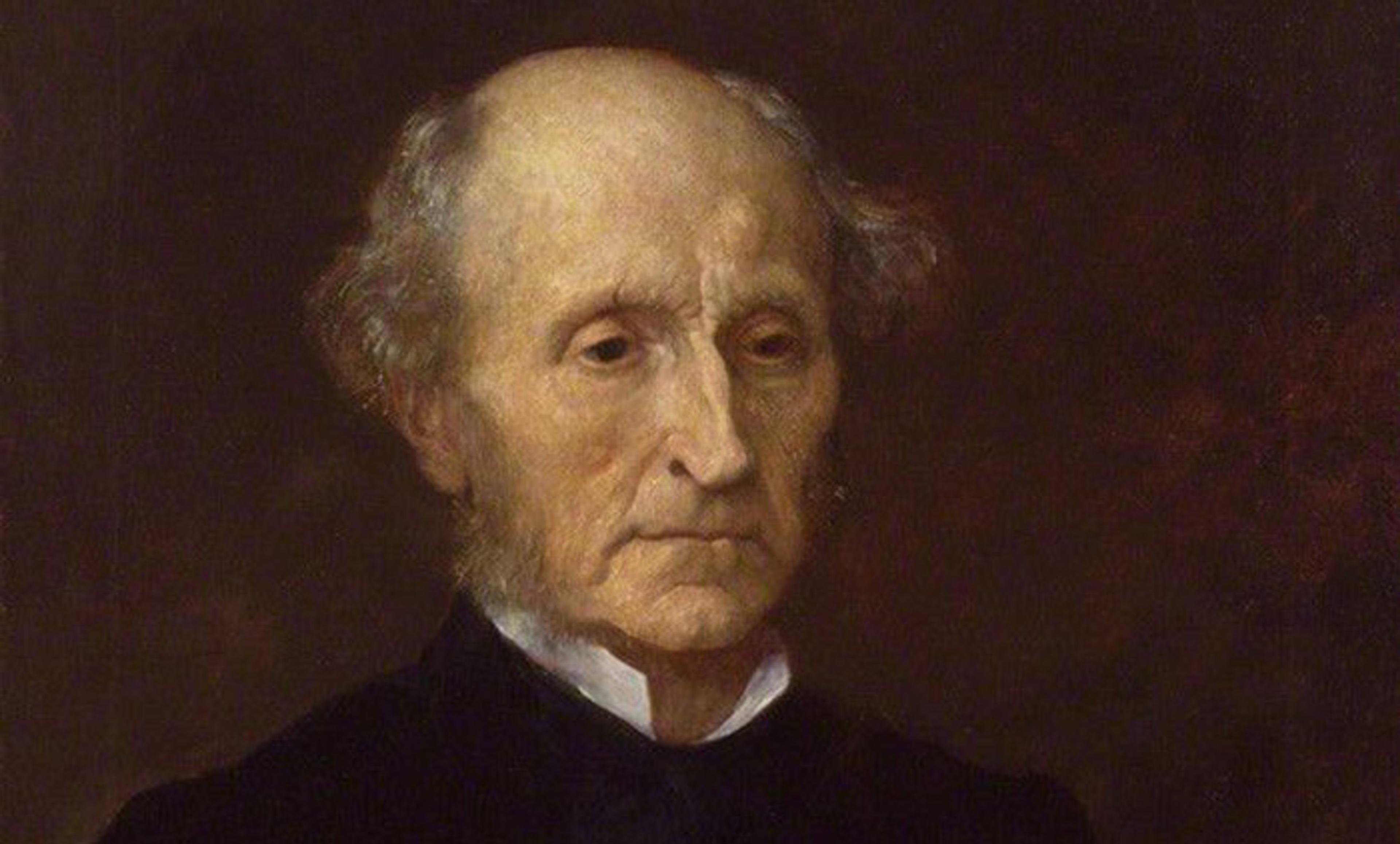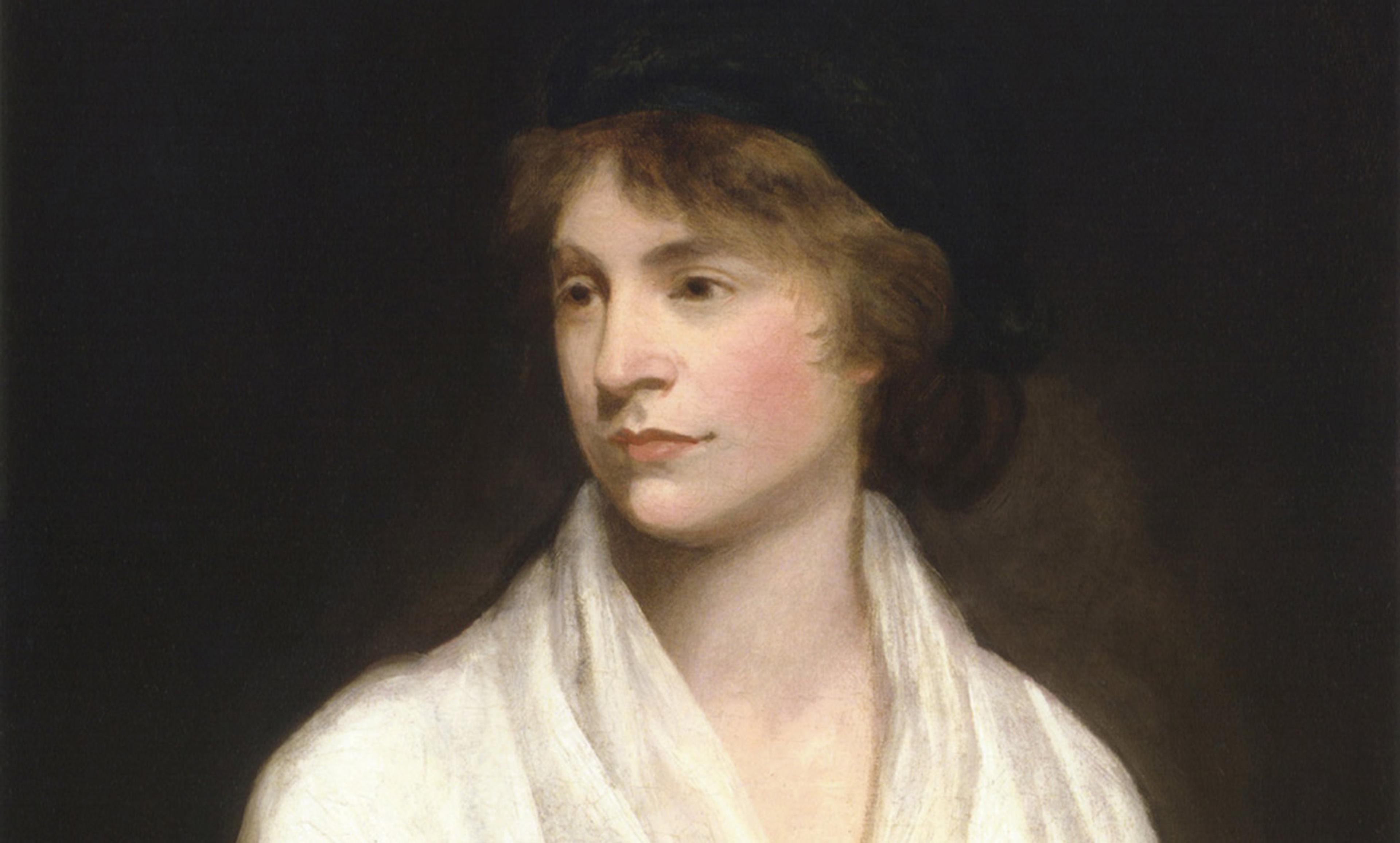The Connoisseur by Eduard Von Grutzner (1919). Photo courtesy of Wikipedia
When we decide between alternative courses of action, an immediate consideration is whether our choice will serve us: make us happier, fulfil a desire, increase our comfort, enhance our security or boost our wellbeing. Will it bring us more pleasure? And if so, what does the pleasure come from – reading, eating, playing or something else? Do different sources of pleasure differ in quality? Is reading qualitatively different than eating? And what about quantity – how much are we choosing to play or work or spend at the mall? When we choose between various forms of pleasure, how can we really compare?
In fact, there are two standard ways to compare different pleasures with each other – the ordinal and the cardinal. The ordinal criterion simply tells us which of two pleasures is more pleasurable, and nothing about how much more pleasurable it is. The cardinal criterion, on the other hand, tells us how much more, or less, pleasurable one activity is compared with the other; for instance, does someone find reading a book twice as pleasurable as drinking a Coke?
Both Plato and Aristotle compared pleasures in the ordinal, but not the cardinal, sense. Moreover, in ranking the pleasures, both held the philosopher’s judgment to be authoritative and final because of his superior ability to reason through.
In his Republic, Plato mentions that rational pleasures are better than spirited pleasures, which are better than appetitive pleasures. These three pleasures correspond to the three elements of the soul: reason, passion and desire. According to Plato, pleasure from reading is qualitatively better than pleasure from drinking – but ‘how much’ greater it is, from the text, remains unclear:
It seems to me that to these three principles three pleasures correspond; also, three desires and governing powers … There is one principle with which … a man learns, another with which he is angry; the third, having many forms, has no special name, but is denoted by the general term appetitive, from the extraordinary strength and vehemence of the desires of eating and drinking and the other sensual appetites which are the main elements of it; also, money-loving, because such desires are generally satisfied by the help of money.
In his Nichomachian Ethics, Aristotle relates pleasure to activity, and argues that the pleasures differ in value only to the extent that the activities to which they are attached differ in value. To Aristotle, pleasure is the perfection of an activity; the activity that is most perfect is also most pleasant:
Now since activities differ in respect of goodness and badness, and some are worthy to be chosen, others to be avoided, and others neutral, so, too, are the pleasures; for to each activity, there is a proper pleasure … As activities are different, then, so are the corresponding pleasures. Now sight is superior to touch in purity, and hearing and smell to taste; the pleasures, therefore, are similarly superior, and those of thought superior to these…
Later philosophers, including Francis Hutcheson, Jeremy Bentham, John Stuart Mill and Henry Sidgwick, also saw pleasures coming from different sources as qualitatively different. For instance, pleasure from drinking is different than pleasure from eating. Broadly, they categorised higher pleasures, including the arts and reading, and lower pleasures, like food and sex. These higher and lower types of pleasures are ordinally, not cardinally comparable: we can compare them in terms of quality, but cannot know the separate value of each. We cannot say whether pleasure from reading is greater than pleasure from drinking, or by how much. ‘In my view, it’s very unlikely that qualitatively different pleasures are cardinally comparable,’ argues the philosopher Ruth Chang at Rutgers University.
Our inability to assign numerical values to different kinds of pleasures – in short, their cardinal non-comparability – helps to explain why human behaviour often feels so random and confused. When we are asked to choose the better alternative between reading and drinking versus eating and playing, we can’t aggregate the sum of pleasures in each case as a guide. If we could, we would simply choose the case where the total value of pleasure is higher. However, since pleasures from reading, eating, drinking and playing differ in quality, aggregation is impossible and the choice is truly complex.
The issue that looms large is not the multiplicity of pleasures, which is straightforward – but rather, the task of aggregating a group of them into a single magnitude for purposes of analyses, according to the philosopher Amartya Sen at Harvard University. The ability to aggregate pleasures would help philosophers to analyse classic decision problems that have remained elusive until now.
In one example, Sen describes a man bumping into a friend he hasn’t seen in years. Waving goodbye from his chauffeur-driven Rolls-Royce, the friend looks shockingly prosperous and well-heeled. Later, visiting that friend at his mansion in Chelsea, the man remarks upon what a high standard of living he observes. ‘Not at all,’ the old friend replies. ‘My standard of living is very low. I am a very unhappy man … I write poems, damn good ones too, but nobody likes my poems, not even my wife. I am always depressed about this injustice, and also sorry that the world has such deplorable taste. I am miserable and have a very low standard of living.’ The man has no reason to doubt his old friend, but feels obliged to remark he seems confused about the meaning of ‘standard of living’. To which the friend replies, ‘My standard of living high/What a plebeian lie!’, adding to the set of people who don’t think much of his poems.
In this instance, one could define standard of living as the aggregate of pleasures from economic wellbeing and poetry, which differ in quality and are cardinally incomparable. The friend assigns more weight to pleasure from poetry while the man gives pleasure from economic wellbeing a higher value. Consequently, their disagreement over the quality of life. In this case, the friend – the one living the life – is the best judge because only he knows what matters to him and how much. There is no way to aggregate the pleasures in Bob’s life unless those doing the sum assign values that are just like Bob’s.
In trying to assess pleasures differing in quality, the evaluation of an individual’s well-being must be done by that individual alone, says the economist Eric Maskin at Harvard. There is no absolute formula for calculating the pleasures in aggregate because the value is subjective, based on individual judgment, experience, and taste.
The mathematician Barry Mazur at Harvard concurs: treating qualitatively different pleasures as cardinally non-comparable, he says, has both descriptive as well as predictive advantages over the view that we can weigh the pleasures for a sum total of them all. A better calculus would be allowing the pleasures to coexist, each independently in the form of a vector. With this kind of maths. the weight we give to each pleasure will be more relevant and our life decisions more satisfying in the end.






